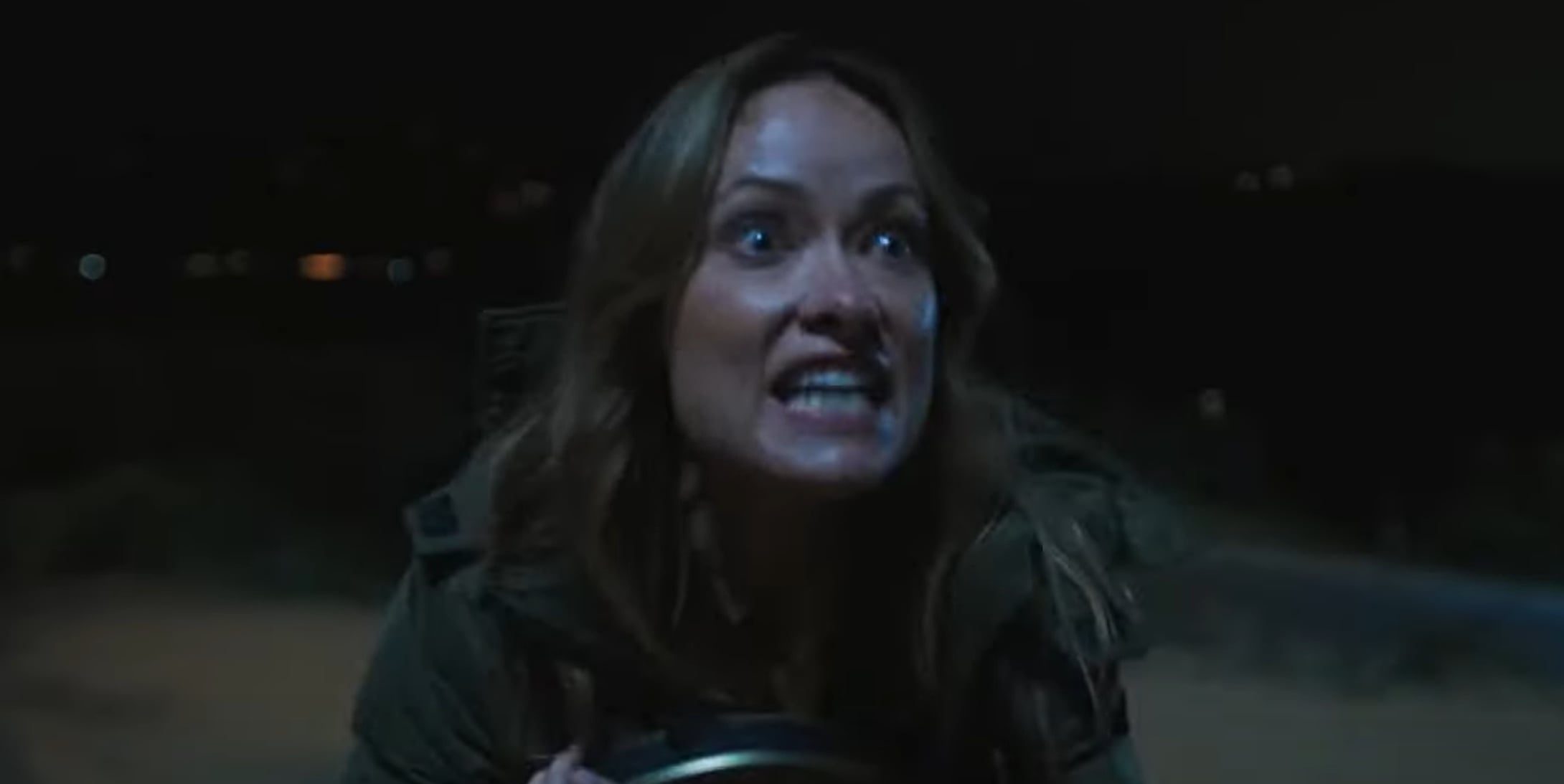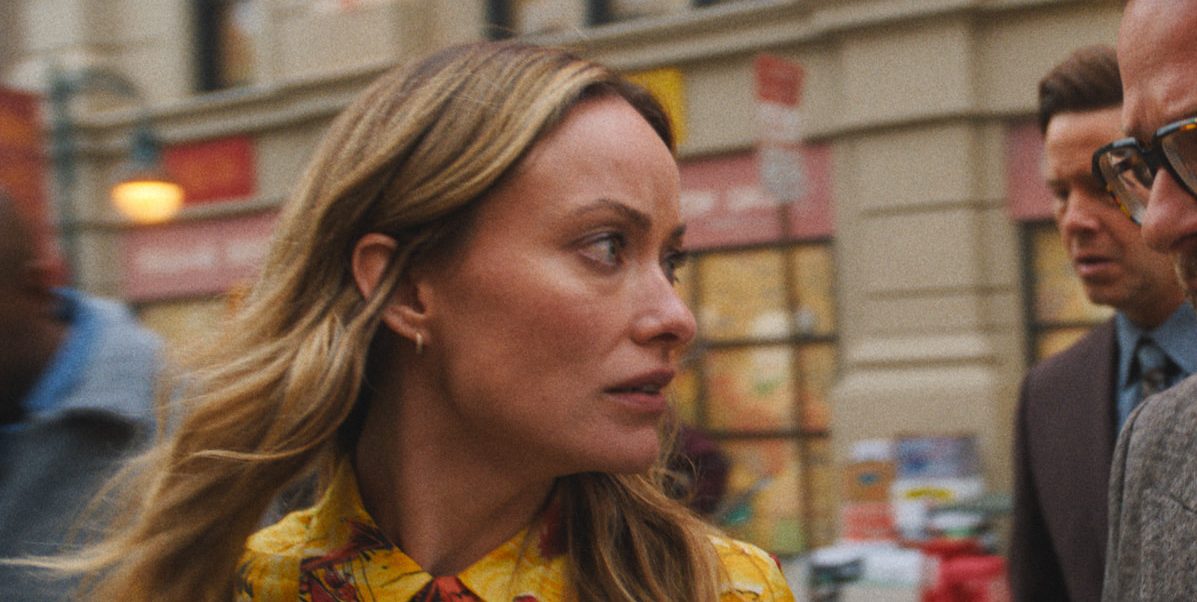The fourth episode of ‘The Studio,‘ titled ‘The Missing Reel,’ brings yet another project into the mix attached to a real-life director. The film is a neo-noir crime thriller known as ‘Rolling Blackout’ helmed by Olivia Wilde, starring Zac Efron as the lead. Intriguingly, it is shot on a physical film medium, a small detail that proves to be a vital aspect of the episode’s plot. The story mainly revolves around Matt, the head of Continental Studios, discovering from Wilde that a piece of reel from the movie’s finale has disappeared. Subsequently, the protagonist and his trusty companion, Sal, embark on a detective quest to find the missing reel before the end of the day. As such, the movie plays a prominent role throughout the narrative, adding a spicy hook to the episode as our characters engage in their regular, ill-conceived shenanigans.
Rolling Blackout is a Fictional Movie With No Ties to Reality
While ‘The Studio’ constantly blends its truth with fiction, the show’s roots are primarily fixed in the latter. It splashes its fictional creations with enough real-life associations that fans are left wondering about the authenticity and weight of the show’s satirical vision of Hollywood and its biggest stars and directors. A film like ‘Rolling Blackout’ adds to that list. It is a fictional project introduced by the creative team to serve a narrative purpose, which, in the case of episode 5, is the premise of a missing reel, which forces Matt to take matters into his own hands. Although the origins of the movie may be firmly based in fiction, Matt describes it as a “rip-off” of Roman Polanski’s neo-noir classic, ‘Chinatown.’ The two films likely have a similar plot and touch upon shared themes.

One of the attention-grabbing aspects of ‘Rolling Blackout’ is the fact that the movie is shot on film, a method that has relatively died down in practice in light of more accessible digital mediums. However, the episode highlights the nostalgia and prestige associated with shooting something physically on film. For instance, in the 2020s, movies like ‘Oppenheimer,’ ‘Killers of the Flower Moon,’ and ‘Past Lives’ garnered critical acclaim for using film over digital print. It adds a layer of polish to the expectations surrounding a movie whilst catering to those who have a romantic notion of the art of filmmaking. This perfectly describes Matt’s reaction to the film. He is excited by the prospect of bankrolling a project that could contribute to the artistic medium, something he delights to be a part of despite being mainly attached to the commercial side of the business.

For much of the narrative, Matt embarks on his own neo-noir-style detective quest to track down the missing reel for ‘Rolling Blackout.’ As the film’s footage is mainly stored in physical film stock, it proves to be more work for those involved in spooling and unspooling the reel. Meanwhile, it also adds to the budgetary expenses, which Matt wants to avoid crossing. Thus, he needs to find the missing reel before the film is declared missing, as it could lead to reshoots, which will only put more strain on his already tight wallet. The financial situation is such a mess due to the traditional filmmaking approach that Matt also cancels the wrap party. To that end, the fictional film lends itself to all these disparate themes, which only elevates its integral nature even though it does not exist in reality.
Read More: The Studio: Is Alphabet City a Real Ron Howard Crime Movie?


